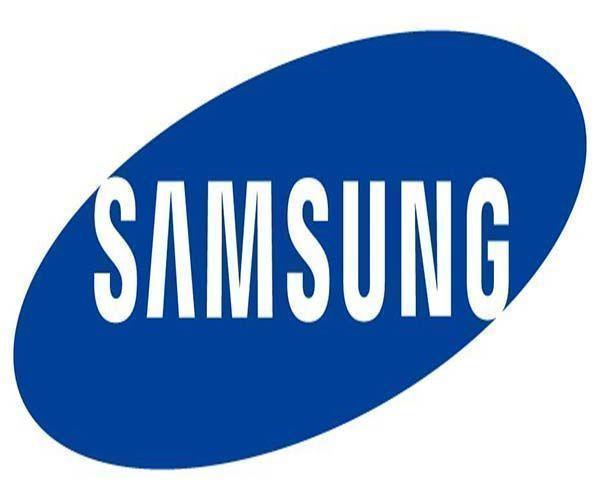**Musk Shares Late-Night Martian Soil Findings**
(Musk Posted A Late-Night Analysis Of Martian Soil)
Elon Musk posted new data about Mars soil late last night. The SpaceX CEO shared the analysis directly on his social media platform. This happened around 2 AM Eastern Time.
The post included technical charts and raw numbers. Musk stated the data came from recent SpaceX mission tests. These tests involved prototype equipment analyzing simulated Martian dirt. The soil samples used mimic conditions found on the actual Martian surface.
Key findings focused on soil composition. The analysis confirmed high levels of specific minerals. Perchlorates were detected in significant amounts. This substance is common in Martian soil. It poses challenges for human habitation and farming. Water ice traces were also identified within the soil mixture. This ice is crucial for future water supply and rocket fuel production.
Musk highlighted the importance of these results. He said understanding the soil is vital for building on Mars. Foundations for structures need stable ground. Growing food requires suitable soil chemistry. The perchlorate levels demand specific cleaning or avoidance techniques. Locating accessible water ice simplifies survival plans.
The late-night timing surprised many observers. Industry experts noted this is typical for Musk. He often shares major updates outside regular hours. Reaction was swift from the scientific community. Some researchers welcomed the open data sharing. Others requested more detailed methodology from SpaceX. They want peer review of the analysis techniques.
SpaceX provided no additional official statement today. The company confirmed the data relates to ongoing Starship development. Starship is the vehicle planned for eventual Mars missions. Soil data directly impacts landing site selection and base design. Engineers need precise information about ground conditions.
(Musk Posted A Late-Night Analysis Of Martian Soil)
The information fuels ongoing discussions about Mars settlement feasibility. Practical hurdles like soil toxicity remain significant. Musk’s post shows active work addressing these problems. Real-world testing on Earth is progressing.







